Can home team Korea make it through to a 3rd straight Asian Games men’s team badminton final against China? Who else has a chance at unseating the powerhouse from the west?
By Don Hearn. Photos: Badmintonphoto and Don Hearn
Korea and China are lined up on opposite sides of the draw in both the men’s and women’s team badminton competitions for the 2014 Incheon Asian Games. But that is far from meaning that either final is a forgone conclusion. In the men’s team event, in particular, reigning Thomas Cup champions Japan will have more than a little to say on the matter.
Korea starts off against India but for all the men’s doubles prowess they possess, they can’t take that tie lightly, despite the inclusion on the team of secret weapon Lee Hyun Il. Korea’s 3 singles players are all sufficiently inconsistent and India’s all sufficiently prone to causing upsets that even this match, on Saturday afternoon, will be one to keep an eye on.
It may be that the expected quarter-final between Korea and Japan will determine who takes on China in the final but despite the dominance that Korea’s doubles pairs showed in last month’s World Championships, Japan’s and Indonesia’s pairs have proven that they can get the better of anyone. That means that any of these three teams can hope to win a tie with two doubles wins and at least one from singles. That means that even Indonesia, with its weakened singles arsenal is still in it, along with Japan’s fully-loaded singles quartet.
On the other side of the draw, you have Malaysia with its one proven road to success against a team like China. If they can find a way past the defending champions, it is most likely to be with two doubles points and with Lee Chong Wei breaking the 2-all draw he has reached with Chen Long in 2014.
China and Korea each have the luxury of a very dangerous veteran ranked 3rd out of 4 singles players. This means that they can elect to play Lin Dan and Lee Hyun Il, respectively, at 2nd or 3rd singles, depending on whether they sit their 2nd or 4th-ranked player. China is likely to use this option less, of course, as Tian Houwei is the only 2nd singles player in the competition who is ranked in the world’s top 15.
If they come up against each other, Korea will be hoping they can make their choice to avoid sacrificing Lee Hyun Il to Lin Dan and will be hoping they can get Lee to beat up on Tian Houwei (pictured), whom he beat last autumn in Jeonju, or to win a first ever match with Gao Huan.
Japan still has to be considered the strongest threat to China still. Not only are their second, third, and fourth singles players the least vulnerable to the Lee Hyun Il pitfall, but they are the only team that can realistically hope to take any point from China that does not involve Lin Dan.
Women’s team: The slimmest of chances
When it comes to the team event, whatever vulnerability China’s women have shown in individual events becomes just a tiny speck on the great wall of dominance. The only player with a winning record against any of China’s singles players is P. V. Sindhu, whose team lost half of its only world-class women’s doubles pairs to injury.
In fact, only Korea, Japan, and Indonesia have women’s doubles pairs that have ever gotten the better of either of China’s top pairs and those only on some extremely good days. The odds for the home teams wane when faced with the reality that even with two huge upsets in doubles like the ones that earned them the Uber Cup in 2010, their only hopes in singles would be from Sung Ji Hyun against Li Xuerui or Bae Yeon Ju against Wang Shixian (pictured), two matchups in which the Chinese shuttlers’ winning streaks are now in the double digits.
Japan, too, has an outside chance of points in both doubles but then are looking to Minatsu Mitani, who is 0-6 against China’s top player and Sayaka Takahashi (pictured), who is 0-3 against Wang Shixian.
Even more remote is the chance of Thailand, the silver medallists in 2010. The Thais lack a credible doubles threat but each of their top 3 singles players has scored an upset or two over China’s fearsome trio, something that wasn’t true 4 years ago in Guangzhou.
Whose home?
Of course, two of Korea’s three historical Asian Games team golds have come when they have hosted. While hopefully the controversy that marred those wins will be avoided with either international line judges or instant review or both, the Koreans are still playing on their home turf. In fact, four of the men – Lee Dong Keun, Kim Sa Rang, Kim Ki Jung, and Shin Baek Cheol – went to high school less than 15km away from the badminton venue, while Son Wan Ho, Jang Ye Na and Kim So Young (pictured below) all attended university in Incheon. If they can get the chance to play for the gold, the crowd support is bound to be the strongest they have ever had.
Click here to see the draws for the team competition
Results will be available from the official website here
![ASIAN GAMES Team Preview – Korea vs. China III? Can home team Korea make it through to a 3rd straight Asian Games men’s team badminton final against China? Who else has a chance at unseating the powerhouse from the […]](http://www.badzine.net/wp-content/uploads/Newsflash-thumbnail.png)
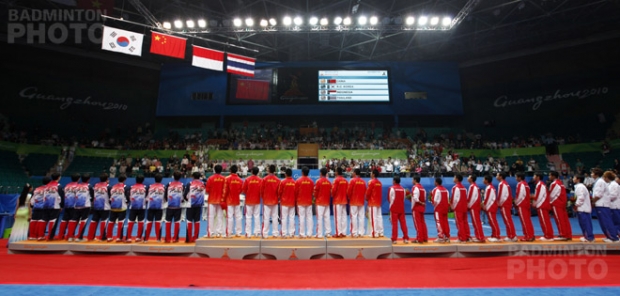

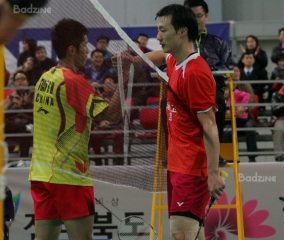
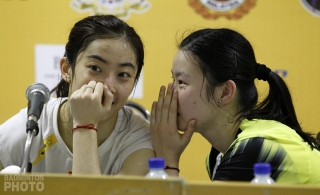
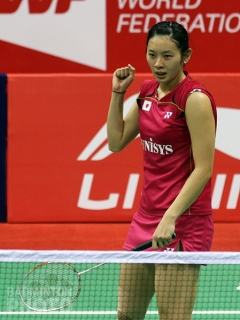
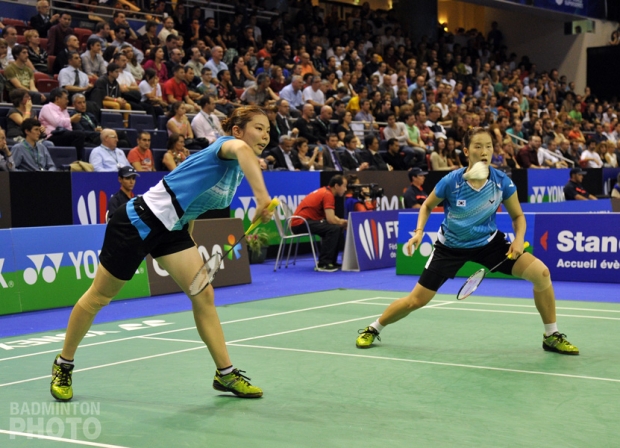

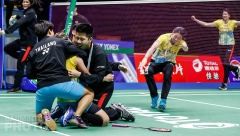
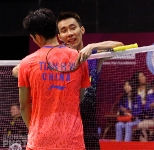
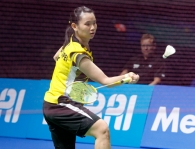
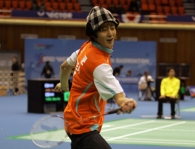


Leave a Reply